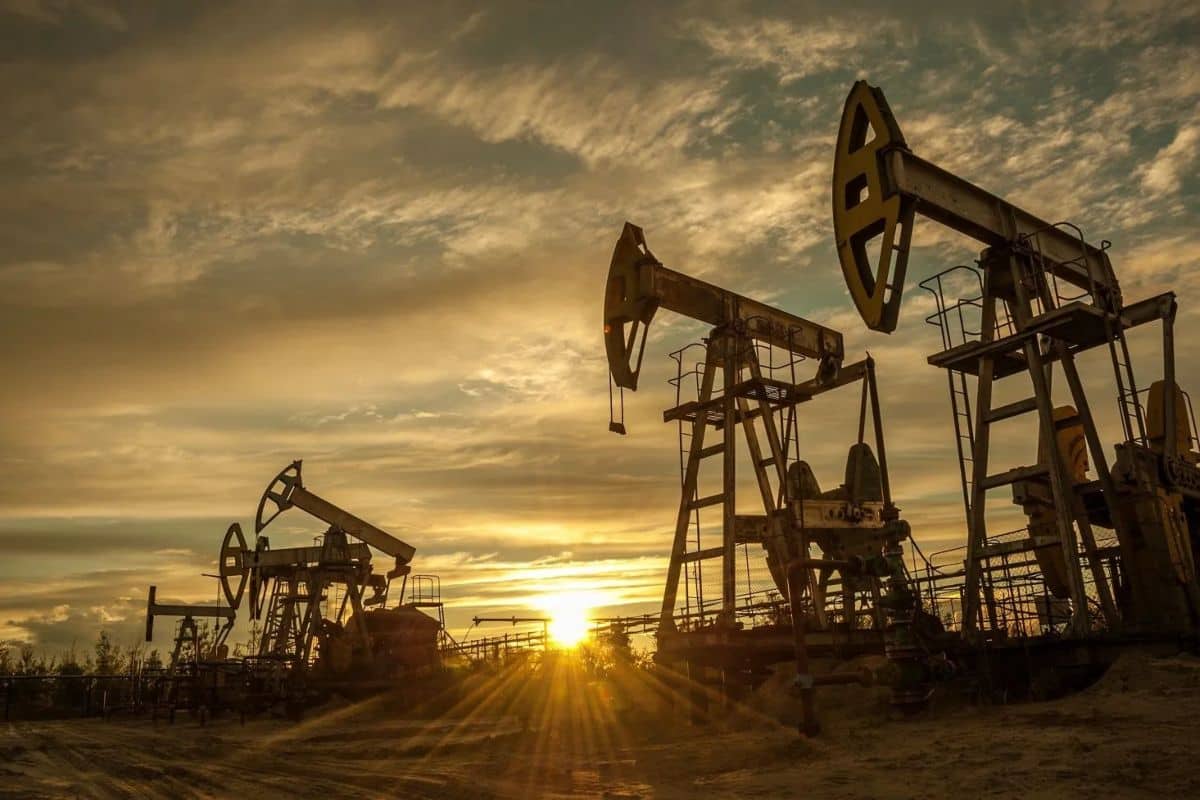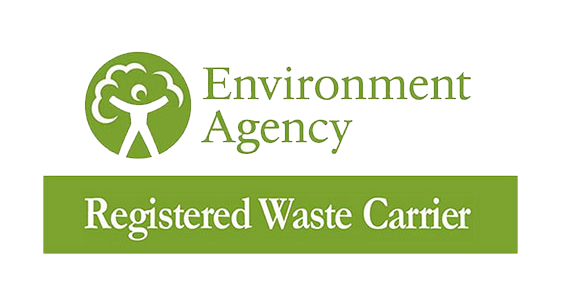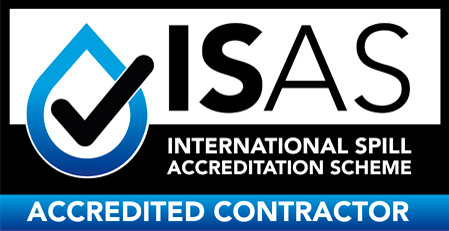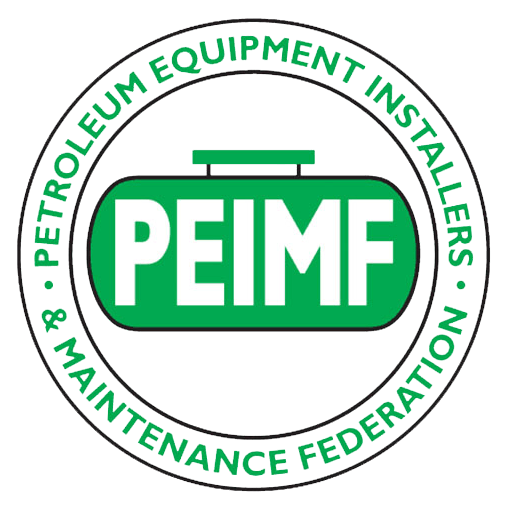Technological Advancements in Crude Oil Processing Plants
Progresses Towards Effectiveness and Automation
Latest refineries have upgraded with technological advancements to enhance effectiveness and reduce ecological impact.
These consist of the following:
- Efficiency and Automation: New equipment designs focus on high efficiency with automated systems that optimise operations and reduce human intervention.
- Intelligent Systems: Advanced control systems monitor and adjust parameters in real-time to enhance performance.
- Design Innovations: Innovativeness pays attention to strengthening the capabilities, minimising power intake, and decreasing emissions.
Benefits of Latest Crude Oil Refining Techniques
Latest refining technologies offer several benefits over traditional methods:
- Upgraded Product Quality: Sustainable fuels with smaller sulfur and nitrogen concentrations are created.
- Higher Yields: State-of-the-art techniques increase the yield of top-tier products from all barrels of crude oil.
- Low Power Consumption: The latest refineries are more fuel-efficient, reducing operating expenses.
- Reduced Emissions: Modern technologies considerably decrease greenhouse gas footprints and contaminants.
What Role Do Catalytic Cracking Units Play in Crude Oil Processing?
Catalytic cracking is crucial in crude oil refining as it allows the development of lighter, more valuable products such as:
This process breaks down heavy hydrocarbon molecules into small, more helpful ones, utilising a catalyst at elevated temperatures, usually between 450°C and 530°C. Not only does catalytic cracking increase the yield of these products, but it also enhances their efficiency for different applications.
Cracking Reactions
Catalytic cracking consists of the following three major reactions:
- Cracking
- Isomerization
- Aromatization
Cracking breaks down macromolecules into small ones. Isomerisation converts aliphatic hydrocarbons into branched ones for improved combustion. Aromatisation converts alkanes into aromatic hydrocarbons, enhancing gasoline’s octane rating. The catalyst reduces the energy of activation, enabling these reactions to proceed effectively.
Equipment Components
- Reactors: In the reactor, the catalyst facilitates the cracking reactions, handling high temperatures and pressures to ensure efficient contact with the feedstock.
- Regenerators: After cracking, the catalyst collects coke, reducing its effectiveness. Regenerators burn off this coke, restoring the catalyst’s activity.
- Fractionators: These units separate the products of cracking using distillation, ensuring effective recovery of valuable fractions.
Adaptability and Effectiveness
Catalytic cracking units are adaptable and effective, enabling refineries to adapt to market requirements. By transforming working conditions and utilising various catalysts, refineries can improve product yield and efficiency, making catalytic cracking a crucial part of the latest refining.
Factors Affecting Product Quality in Crude Oil Refining
Process Factors
Technological level, working conditions such as temperature, pressure, and reaction time, and the capability of machinery like reactors and heat exchangers all play a significant part in the quality of the end product.
Raw Material Factors
The composition of crude oil, comprising sulfur and nitrogen content, impacts product efficiency. Additives such as anti-knock agents and detergents enhance productivity, whereas the selection of catalysts for cracking, hydrotreating, and reforming is crucial for accomplishing the desired product requirements.
Ecological Factors
Temperature, moisture, and light exposure can affect product integrity, saving it from degradation, and discolouration.
Storage and Transportation Conditions
Maintaining adequate storage and transportation conditions, such as temperature and moisture proofing, guarantees product efficiency.
Long Story Short!
Crude oil refining is a complicated and multidimensional procedure that converts unrefined crude oil into various useful products. Comprehending the fundamental concepts, machinery, and factors impacting product efficiency offers crucial knowledge into the petroleum refining sector. With advancements in technology, refinements in machinery and procedures continue to improve effectiveness and environment protection, shaping the future of energy production by enabling cleaner, more effective, and viable solutions to accommodate global energy requirements.
If you need any further information, feel free to contact our experienced crew at Network Environmental UK by dialling 0121 308 6938 / 0154 332 4016!















